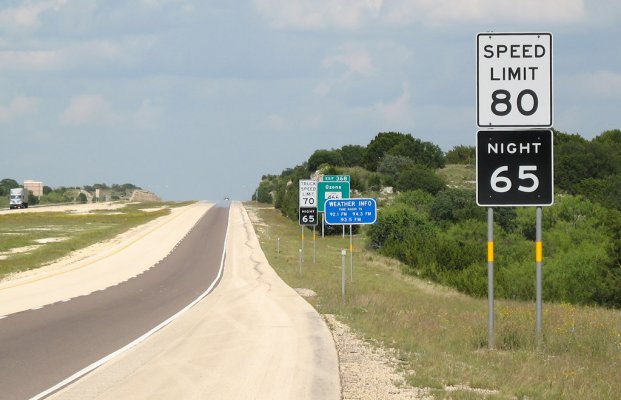Gone4Good
Give me a museum and I'll fill it. (Picasso) Give me a forum ...
- Joined
- Sep 9, 2005
- Messages
- 5,381
We also agreed on aiming for no more othan 300-350 miles per day to avoid "get-there-itis."
5 hrs, with a break for lunch, is about as much driving as I want to do on any given day. If where I'm going looks to be more than that, I can usually find an interesting enough stop between here and there to spend a couple of days.

